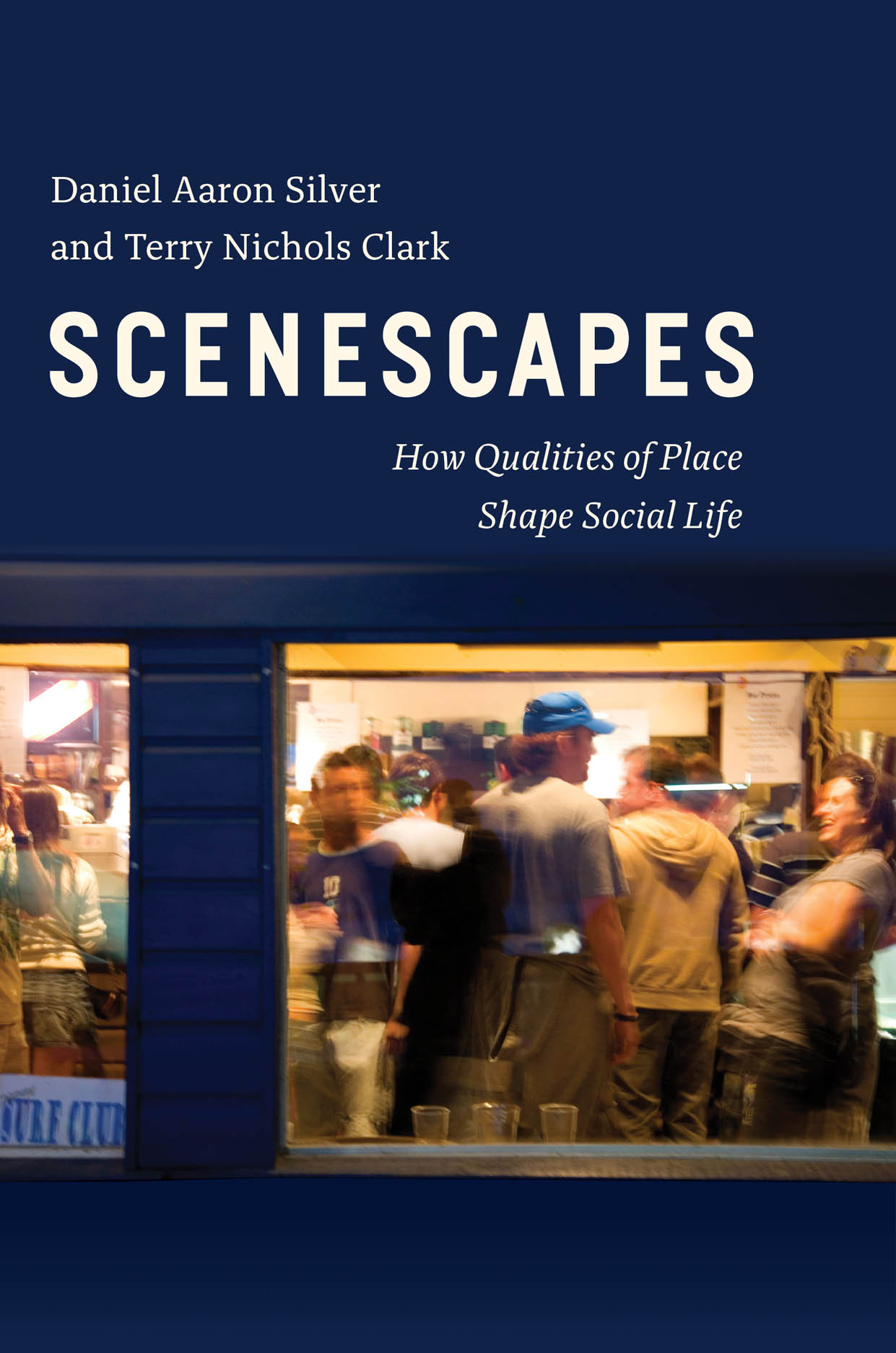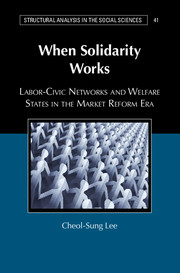SocArXiv, the open archive of social science, has just launched in beta version. Led by a steering committee of sociologists and librarians, SocArXiv is a free, open access repository for prepublication versions of papers. Created as a not-for-profit alternative to sites like Academia.edu, ResearchGate, and SSRN, SocArXiv is built in collaboration with the Center for Open Science and supported by the Open Society Foundation and the Alfred P. Sloan Foundation.
SocArXiv’s mission is to maximize access to social science – getting it circulating earlier in the process, and getting it out from behind paywalls – and to improve its quality. Since announcing our temporary paper drop site in July, more than 500 papers have been added and downloaded over 10,000 times. We invite you to join us by uploading yours. Right now, SocArXiv offers:
- Fast, free uploading, with access for all readers
- Persistent identifiers & citations for every paper
- Authors keep copyright to their work
- Link to data & code on the free Open Science Framework
- Easy social media sharing
More features will be added in the coming months. In the meanwhile, add yours by visiting SocArXiv.org, or learn more at SocOpen.org. Or follow us on Facebook or Twitter.


